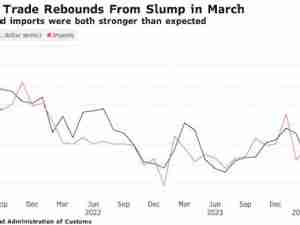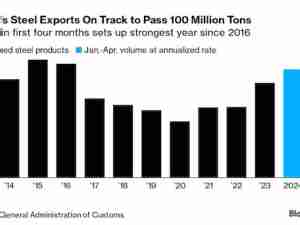As Brexit Clock Ticks Down, Access to Medicines Seen at Risk
By: John Lauerman | Oct 16 2017 at 12:00 AM | International Trade
Time is running short for a Brexit agreement that will allow the free movement of medicines through the U.K. and the rest of the European Union.
A myriad of issues, including guidance on transferring product registration and drug testing in the region, are yet to be resolved, Alan Morrison, vice president of regulatory affairs international for Merck & Co., said in an interview in London. The problem is particularly acute for drug and biotech companies whose products sometimes take years to make, test and navigate through regulatory channels.
“Will we be able to do everything on time? Probably not,” Morrison said.
Concerns about a messy breakup are flaring after chief EU negotiator Michel Barnier said last week that discussions with the U.K. are “in a state of deadlock.” AstraZeneca Plc Chief Executive Officer Pascal Soriot warned last month that it was “impossible” for the government to forge new trade accords, establish a regulatory framework and develop new procedures for shipping products by the time the country exits the EU in 2019. Others echoed that sentiment, saying questions hang over a host of issues from duties and tariffs to the movement of products and people over borders.
“There could be some administrative delays to products being available in Europe,” Morrison said. Just changing registrations for medicines—which have to be filed in a EU member state to be recognized through the region—will be “a large logistical exercise in every company having to make the appropriate market transfer.”
Stale Lists
While Brexit leaders have suggested that the U.K. could revert to World Trade Organization rules, drugmakers counter that the WTO list of pharmaceuticals is far out of date. Products that aren’t on the list might be subject to tariffs for further restriction.
“The list hasn’t been updated since 2010,” David Boyd, Cambridge, England-based AstraZeneca’s director of European government affairs, said in an interview. Any drugs that the U.K.’s second-largest drugmaker has introduced over the past seven years wouldn’t be included, he said.
Pharma and biotech companies that depend on access to highly skilled employees are also concerned about Brexit’s impact. And those companies aren’t alone.
The top European drugs regulator, set to relocate from London following Brexit, could lose more than seven out of 10 employees, a survey of its staff showed. The exodus would trigger a “public health crisis,” the European Medicines Agency said last month.
Potential hires are increasingly concerned about their status following the U.K.’s move, Boyd said.
“There’s a lot of anxiety,” he said Friday in London.









